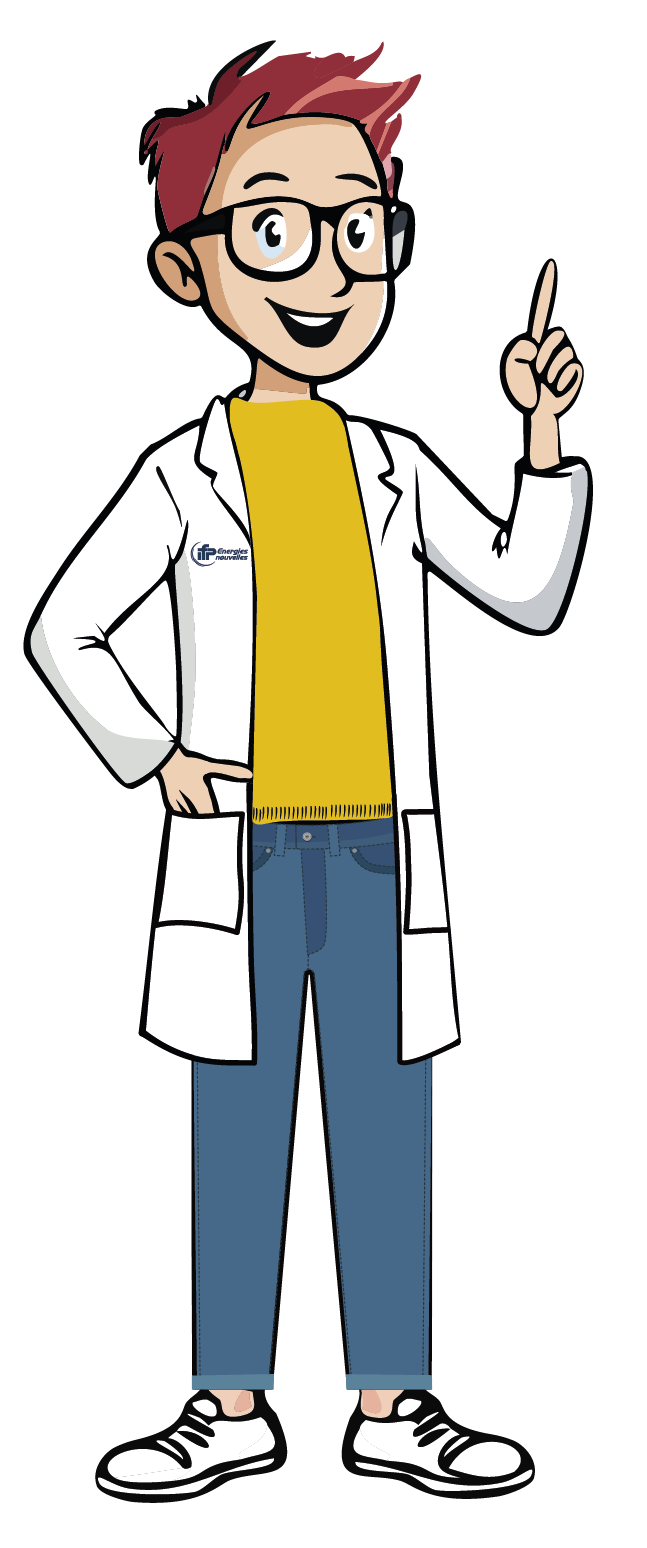3 minutes of reading
At the 2025 French Agricultural Show, IFPEN is showcasing its innovative and concrete solutions in the field of the bioeconomy aimed at addressing the challenges of the energy and ecological transition and building a sustainable, low-carbon future.
Useful information
From 22 February to 2 March 2025
Paris Expo – Porte de Versailles, Paris, France
Pavilion 4 Stand F085
The bioeconomy is all about using renewable biological resources to meet our needs in terms of energy, materials, chemicals and food. This model is aimed at reducing our reliance on fossil energies while promoting a circular economy.
IFPEN is fully committed to this principle. Its cutting-edge technologies incorporate renewable resources at the heart of industrial innovation to meet the needs of our society.
- Gazouil
Assessing soil quality
For example, IFPEN has developed tools to evaluate carbon and the impact of microplastics in soils, as well as technologies for enriching soils with nutrients.
These measures and solutions are designed to help preserve them, since soils play a key role in the energy and ecological transition.
1,500 billion tons
That is the quantity of global carbon reserves contained in the upper layers of soils.
Understanding what happens to microplastics in the environment
IFPEN has developed tools and methods to rapidly quantify, qualify and map microplastics in the environment.
Such research is aimed at tackling microplastic pollution in water and soils.
What are microplastics?
Microplastics are minuscule plastic fragments (from 5 millimeters to 100 nanometers), often the result of the degradation of larger plastic waste products, such as bottles. Under the influence of weather, salt water and sunlight, this waste breaks down into smaller and smaller fragments, to become either microplastics or nanoplastics.
Some microplastic materials may come from textile fibers detached during washing cycles, or tire fragments shed due to vehicle wear and tear.
- Ziggy
Turning waste into biofuels
Did you know?
European regulations require the transport sector to include 29% renewable energies in its final consumption or to reduce its emissions by at least 14.5% by 2030. The fuels used will have to contain at least 5.5% advanced biofuels.
IFPEN’s teams develop processes to manufacture fuels from non-food biomass and CO2 captured in industrial flue gases.
These low-carbon fuels of renewable origin represent solutions that are immediately available to decarbonize the transport sector while limiting the extraction of fossil resources.
Turning biomass waste into materials
IFPEN’s teams design processes to manufacture materials from non-food biomass and CO2 captured in industrial flue gases.
This expertise makes it possible to manufacture everyday items such as tarpaulins, tires, plastic bottles and resins while limiting the extraction of fossil resources.
By 2035, bio-based plastics could represent 1.7% of all plastics produced globally.
Just like in the lab: immerse yourself in our work
Don your lab coat and come and meet our researchers to:
- test your sense of smell by identifying substances by their scent
- observe flasks containing waste used for low-carbon fuel production
- identify microplastics in flasks in order to better understand how they form and what their impacts are
- observe soil samples to tap into the secrets of carbon in soils
- discover objects made from biomass!
Join us at pavilion F085 to find out how we are helping to shape the sustainable, low-carbon world of tomorrow!







